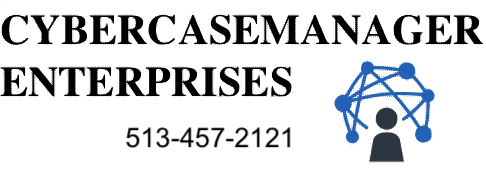KM accountabilities for the knowledge domain owners and SMEs
I blogged earlier this week about the KM accountabilities for project managers. Here is the counterpart – the KM accountability for the knowledge domain owners.
There are two dimensions to KM within a project based organisation. These are
- KM within individual projects, and
- KM across and between the projects.
Any project based organisation needs to consider both dimensions, and to make sure the correct roles and accountabilities are in place in both. The KM accountabilities for the project and programme managers has already been covered, and the other accountability – the one that applies across projects – is usually held by the functional organisation and the subject matter experts.
The functional chiefs (chief engineer, head of sales, marketing director etc) already are accountable for developing a competent organisation. The chief engineer makes sure there are enough engineers, with the correct training and skills. And of course competence implies access to knowledge, therefore the functional chiefs have an accountability to ensure that the knowledge relating to their function is well managed. Functional chiefs on some organisations are supported by centres of excellence, and the chiefs may delegate some of the KM activity to these centres.
The functional chiefs will usually delegate KM accountability on specific topics to subject matter experts or knowledge domain owners, while retaining overall accountability for KM in the knowledge domain. The KM accountabilities for these domain experts/SMEs is as follows:
- To ensure there is a sufficient body of documented knowledge in their domain or area of expertise to support the practitioners in their work. They may delegate specific areas of content to others, but retain overall accountability for completeness, accuracy, currency, findability and usability of the knowledge.
- Receive and validate new lessons and new best practices within the practice area, and ensure the body of knowledge is updated as a result (knowledge synthesis)
- Publicizing and broadcasting updated practice documentation.
- Publicizing and broadcasting any other new developments within the practice domain (for example on a CoP blog)
- Develop, and agree with management, any company corporate standards for their specific practice area.
- Monitoring use of the body of documented knowledge, and continually improving its application and effectiveness.
Where the organisation is large enough to support communities of practice, the SMEs or knowledge domain owners may be given additional accountabilities, as follows:
- Ensure a CoP relevant to their knowledge domain is launched, built and sustained. This includes
- defining the goals and objectives of the CoP,
- negotiating and acquiring any required CoP resources,
- ensuring effective discussion among the CoP members,
- ensuring results from discussions are included in the body of documented knowledge
- Define and measure the CoP’s benefits and progress, and report this on an agreed timeframe
- Seek out, format, report and promote success examples within their domain

Leave a Reply